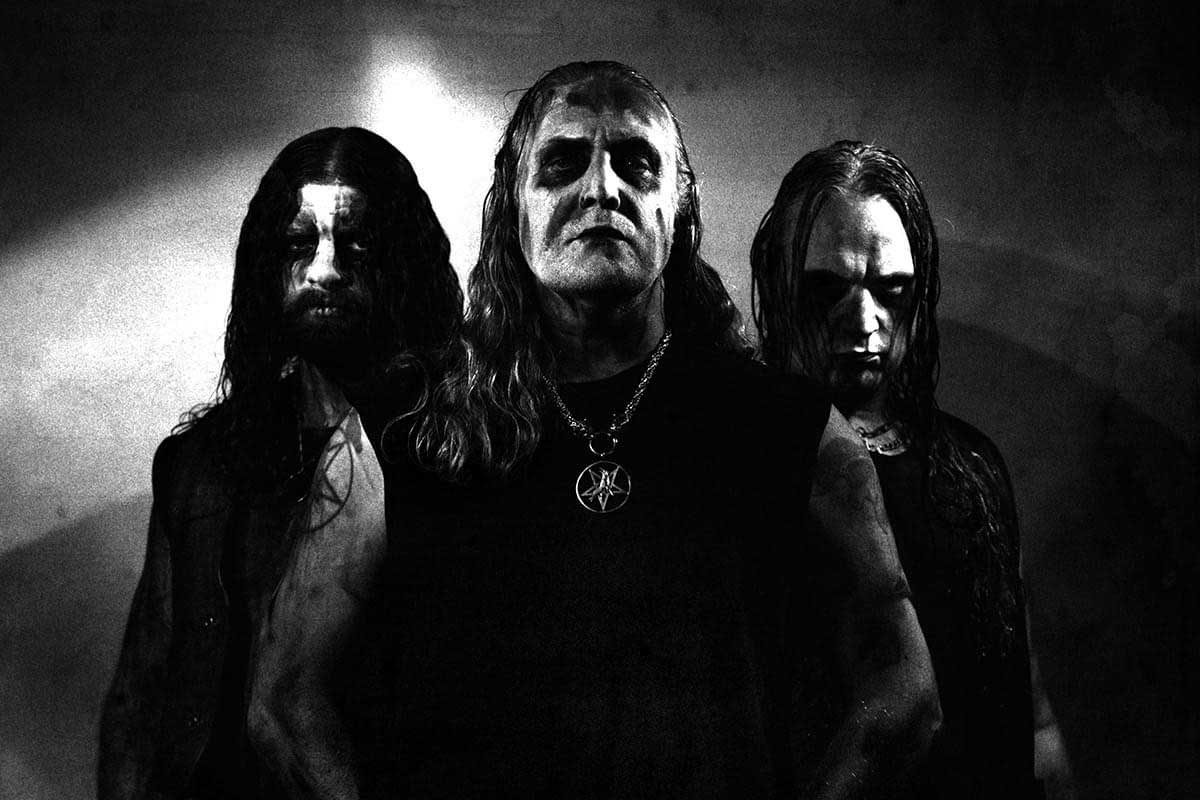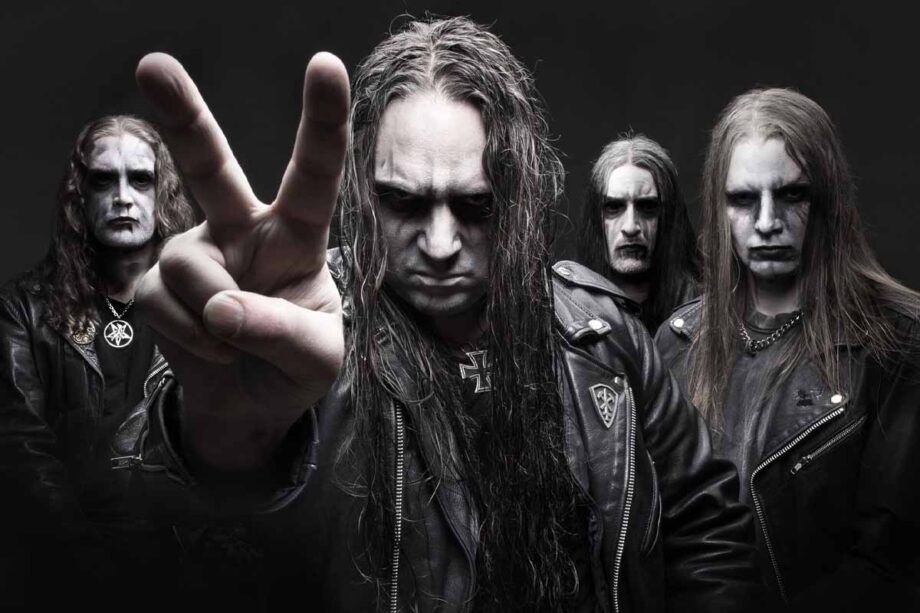‘Plague Angel’ represents a significant turning point in Marduk’s thematic and artistic evolution. While the band had long been associated with overtly Satanic themes, this album shifts toward a more nuanced exploration of religious and historical narratives. This change stems from both Morgan and Mortuus’ extensive knowledge of biblical texts, which informs their darker and more layered approach. So, let’s go deeper into their approach in this classic.
Biblical Inspiration And Violence
Despite Marduk’s anti-religious stance, Morgan’s engagement with biblical material reveals a unique creative process. His focus lies in the Bible’s violent content rather than its spiritual teachings, using it as a source of brutal and evocative storytelling. This approach adds a deeper intellectual element to Marduk’s lyrical themes, moving beyond mere blasphemy.
According to Metal Archives, the album employs a sophisticated method of religious subversion. Rather than relying on straightforward blasphemy, Marduk crafts a complex perversion of Christian doctrines, reflecting a more mature and calculated expression of anti-religious sentiment. This evolution in lyrical themes, paired with the band’s relentless musical aggression, cements ‘Plague Angel’ as a pivotal release in their discography.
The album’s historical depth also emerges clearly in tracks like ‘The Hangman of Prague.’ This song references Reinhard Heydrich, a high-ranking SS official during the Nazi era. Heydrich played a central role in the Holocaust and the invasion of Czechoslovakia, making him one of the darkest figures in modern history. By incorporating such historical elements, ‘Plague Angel’ reinforces its oppressive and nightmarish atmosphere.
V0cal Evolution And Critical Reception

‘Plague Angel’ also introduced a major shift in Marduk’s sound with the arrival of new vocalist Mortuus. His distinctive snarling rasp and rhythmic delivery added a fresh dimension to the band’s music. According to Your Last Rites, Mortuus’s unique vocal approach brought a heightened sense of intensity and darkness, making his presence an essential part of the album’s impact.
Blabbermouth highlighted the album’s improved production quality, particularly its stronger bass presence and intricate guitar work. This refinement allowed for more dynamic songwriting, blending Marduk’s signature intensity with a broader sonic palette. Tracks like ‘Seven Angels, Seven Trumpets’ and ‘Perish In Flames’ incorporate slower, more melodic elements without sacrificing the band’s trademark brutality.
Upon its release, ‘Plague Angel’ was widely recognized as a key moment in Marduk’s evolution. Sputnik Music praised its visceral tension and dynamic energy, though some critics noted a relative lack of standout hooks. Regardless, the album stands as a testament to Marduk’s ability to evolve while maintaining their core identity. By balancing unrelenting aggression with a more sophisticated thematic approach, ‘Plague Angel’ remains a defining entry in their catalog.





